- Write by:
-
Wednesday, July 25, 2018 - 1:48:09 PM
-
826 Visit
-
Print
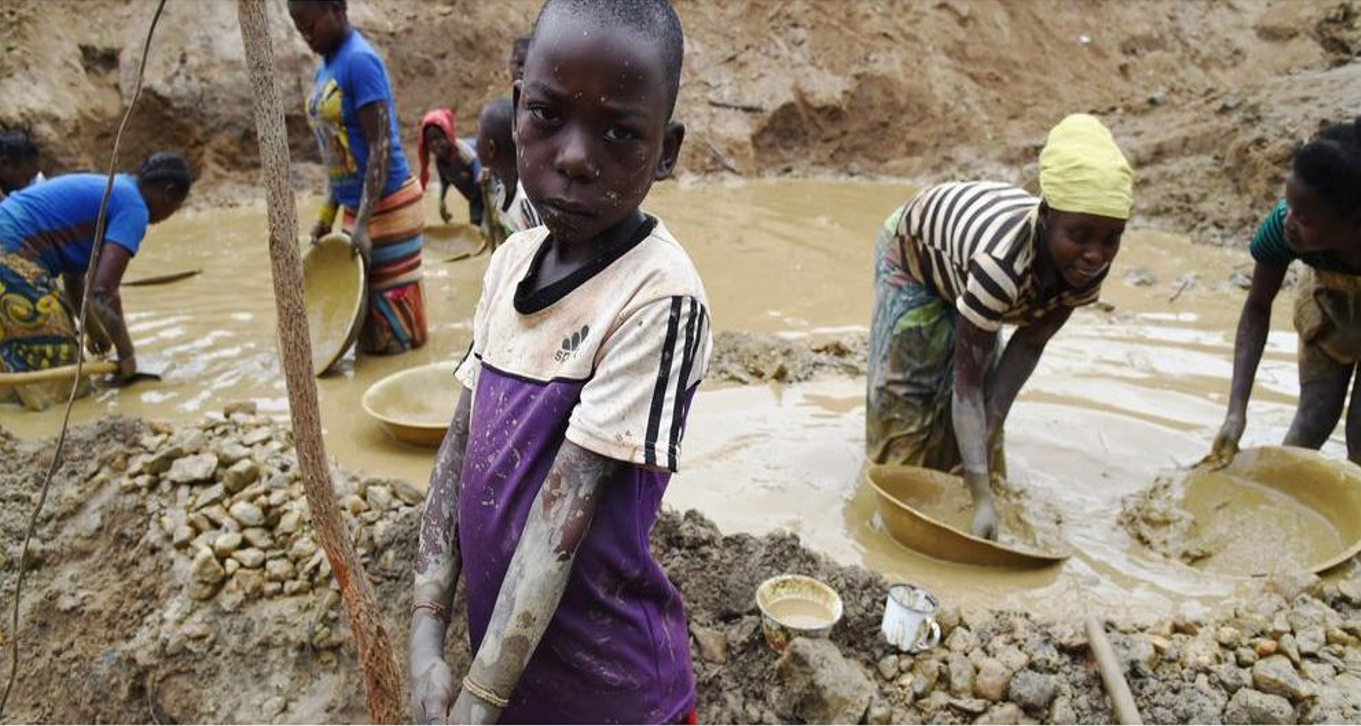
Mining News Pro - Is Your Smartphone Worth This? In recent investigations by Sky News and Amnesty International it was exposed that children as young as only four years old are working in mines in the DRC mining cobalt, which is commonly used in phones, computers and cars.
The mineral is a key component in the manufacturing process of lithium ion batteries, making it a multi-billion dollar business with industry giants like Samsung, Vodafone and Apple as clients. Despite substantial profit margins for resellers, the children doing the actual labour are earning less than $1 a day in harrowing conditions. Their lives are in danger, and they are suffering.
What it’s Like for Four-year-olds Mining Cobalt for Phones After visiting several mines in the DRC , the Sky News investigation team discovered that every mine had child workers. At one of the mines the children were working in a torrent of rain carrying back-breaking sacks of cobalt. When interviewed a young boy of eight said that even though he had been working for around 12 hours a day for the past two days he hadn’t earned enough to afford a single meal, and is working on an empty stomach. His friend spoke about his body aching everywhere every day of his life. There are children who don’t have shoes on their feet, never mind protective equipment. There are no gloves and nobody wears a mask to protect them from breathing in cobalt dust – according to the World Health Organisation breathing in the dust can lead to long-term health problems. Tunnels are dug by hand and the mining is done with rudimentary equipment. With no support structure the tunnels often collapse, especially in the rain. Amnesty International reported that several child miners claim that they are beaten by mining company security guards and are forced to pay so-called ‘fines’ imposed by state officials.
 A Thriving Industry Some of the richest mineral deposits in the world can be found in the DRC. There are massive deposits of gold, tin and cobalt underneath its soil, ready to be mined. As much as 60% of the global supply of cobalt is produced by the country, and around a fifth of that is extracted by artisanal miners using their hands. This cobalt is mostly sold to Chinese traders who are not interested in where the cobalt comes from or under what circumstances it was attained – all they want is the cheapest deal. The biggest client is Congo Dongfang Internationa l, an ancillary of Zhejiang Huayou Cobalt – the company responsible for supplying the mineral to most of the battery manufacturers around the globe.
A Thriving Industry Some of the richest mineral deposits in the world can be found in the DRC. There are massive deposits of gold, tin and cobalt underneath its soil, ready to be mined. As much as 60% of the global supply of cobalt is produced by the country, and around a fifth of that is extracted by artisanal miners using their hands. This cobalt is mostly sold to Chinese traders who are not interested in where the cobalt comes from or under what circumstances it was attained – all they want is the cheapest deal. The biggest client is Congo Dongfang Internationa l, an ancillary of Zhejiang Huayou Cobalt – the company responsible for supplying the mineral to most of the battery manufacturers around the globe.
Lacking in Regulation What has the potential of bringing much needed fair employment to the DRC is instead being exploited. Without regulation companies are not forced to trace supply lines resulting in most of the cobalt in the world coming from mines that are using child labour, simply because it is the cheapest. The cobalt in the phones and laptops we use every day could very well have been mined by children in the DRC. Sky News and Amnesty International made contact with several technology and automotive companies and some said they would review protocols. The general consensus was that they would rather attempt to improve conditions than break away from supply chains. Vodafone said that they do not know where their cobalt comes from – it is simply too far down the supply chain. Microsoft had a similar response. Apple’s slightly more proactive response was that they were taking action by telling a smelter they use to stop sourcing cobalt from artisanal mines. When contacted for comment Huayou Cobalt spokesperson responded that its supply chain was being monitored and that they were ‘paying attention’ to child labour issues. In the meantime children in the mines are bewildered, constantly tired, hungry, in pain and experiencing true hopelessness.
Short Link:
https://www.miningnews.ir/En/News/220608
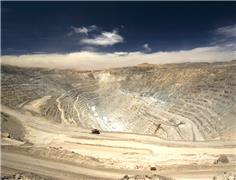
Top copper producer Codelco reported a decline in quarterly output due to lower quality ore at its aging Chilean mines — ...
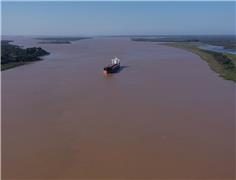
Brazil’s Corumba region could more than double iron ore shipments through neighboring Uruguay this year if there is ...
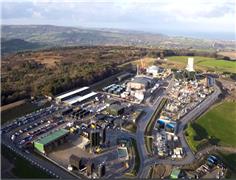
BHP Group Ltd.’s proposal for a $39 billion takeover of rival Anglo American Plc is all about securing plenty of copper ...
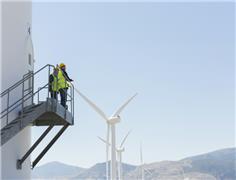
When former boss Mark Cutifani left Anglo American Plc in mid-April 2022, things had rarely looked better for the ...
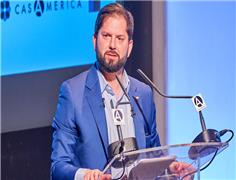
Chile President Gabriel Boric said on Thursday he is targeting an increase in the country’s annual copper output by 1 ...
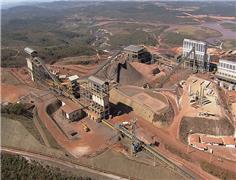
Brazilian miner Vale SA sees no impact from BHP Group’s bid for Anglo American on the latter’s Minas-Rio project, its ...
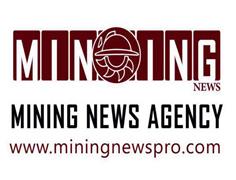
Marex Group Plc and a group of the London-based firm’s shareholders raised about $292 million in a US initial public ...
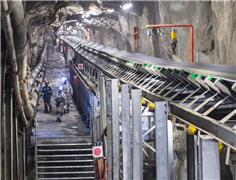
Impala Platinum could cut 3,900 jobs as it restructures its South African operations due to lower metal prices, the ...
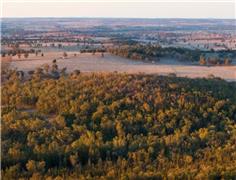
Australian Strategic Materials ASM.AX said on Friday it has received a non-binding letter of interest for a debt funding ...
No comments have been posted yet ...